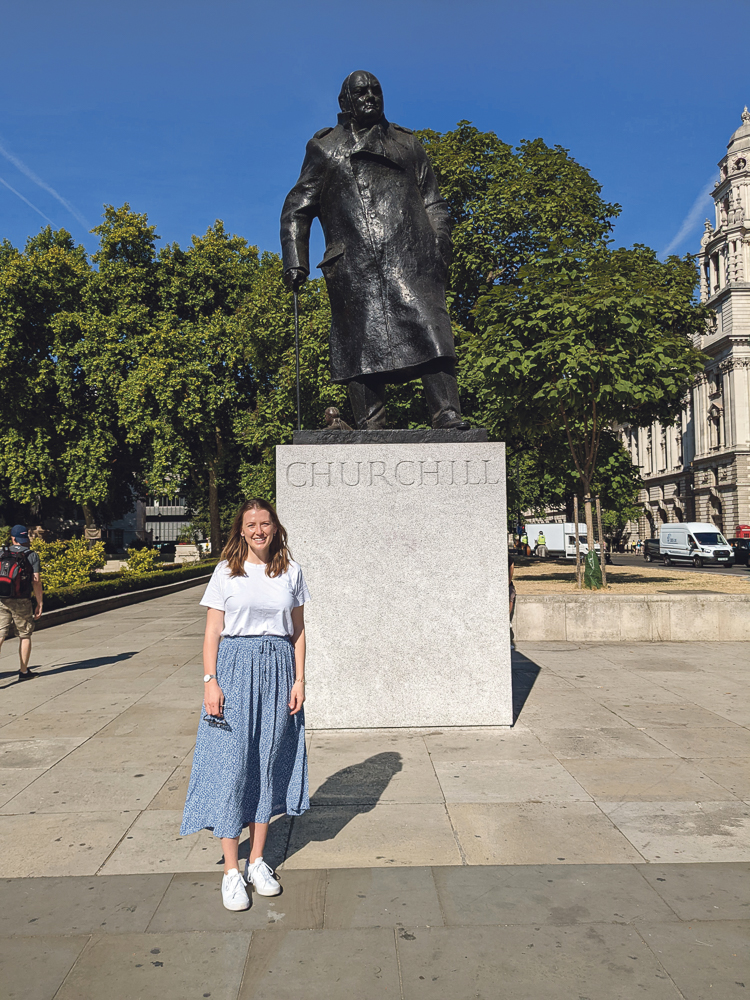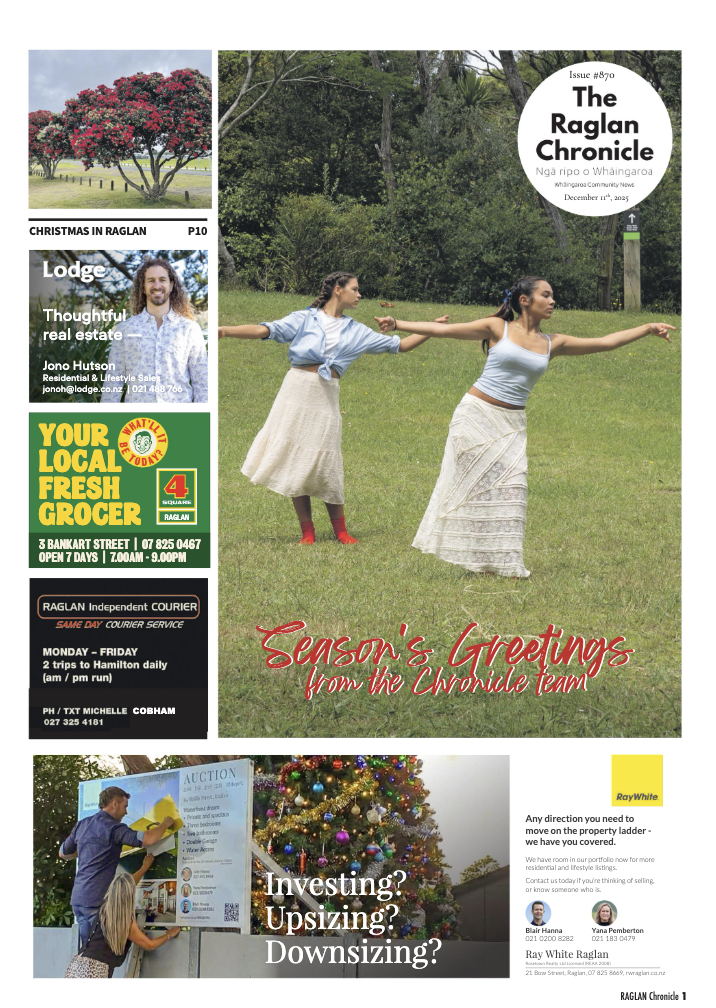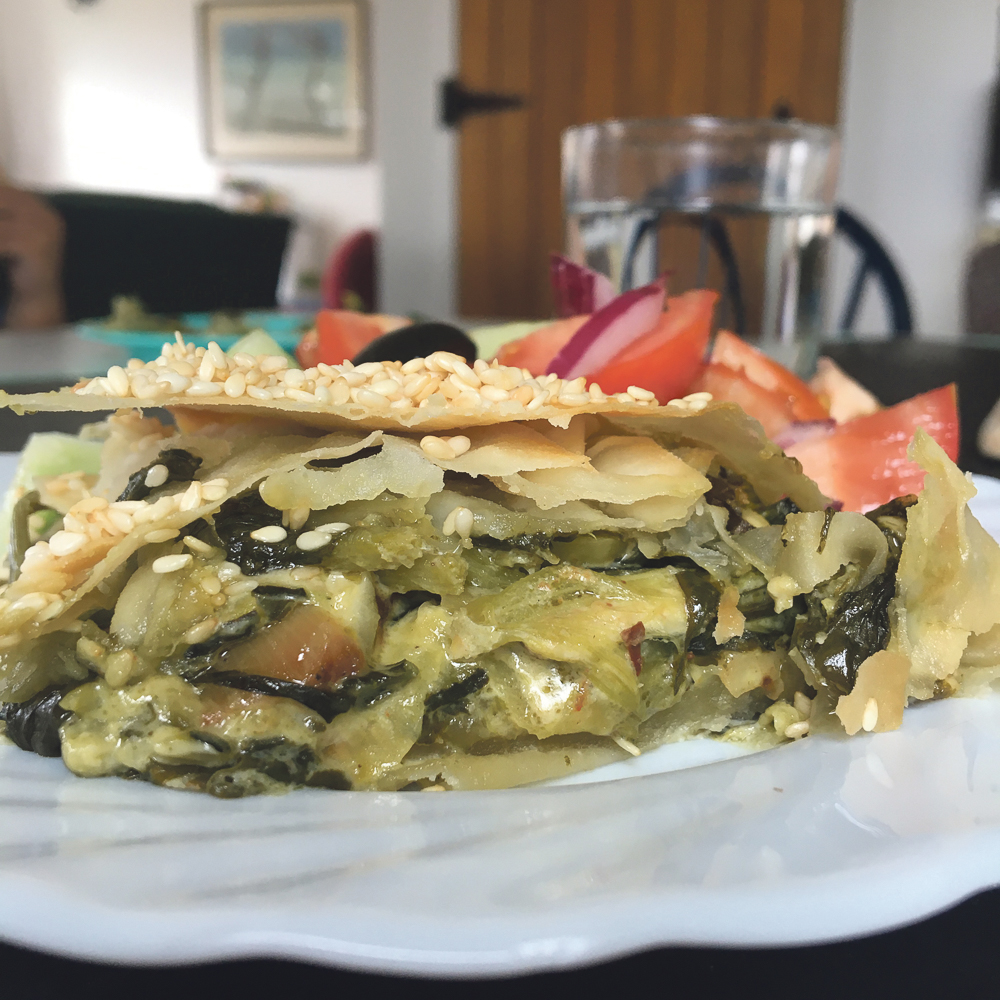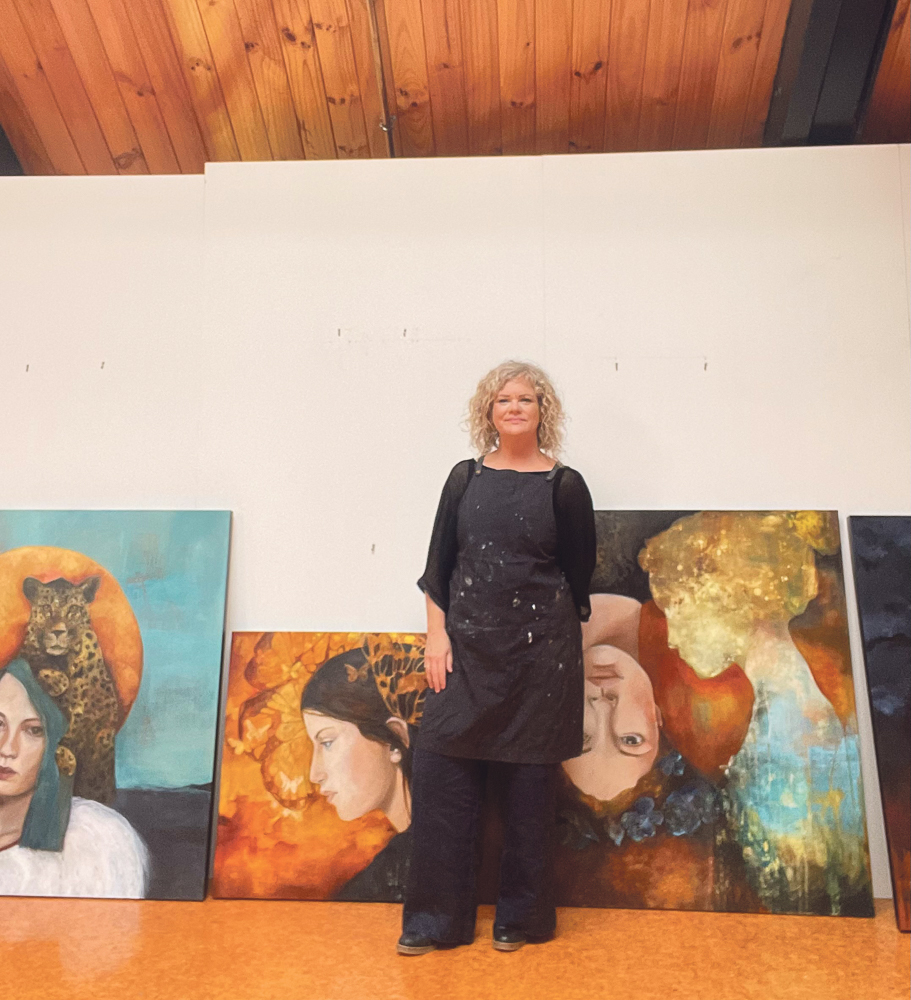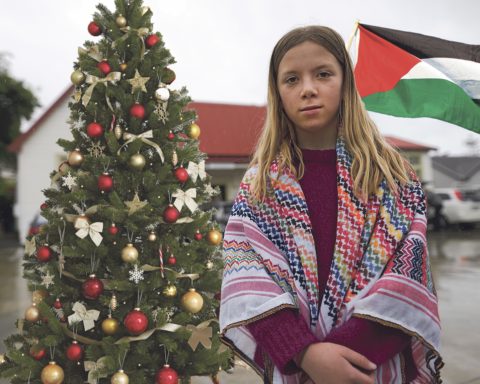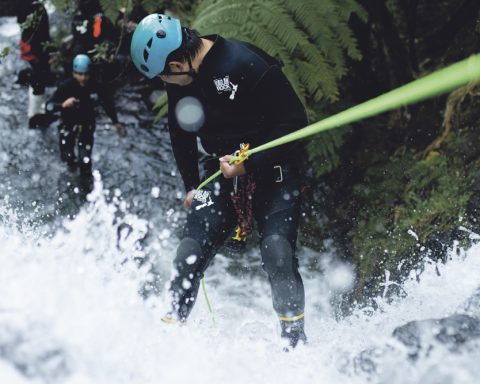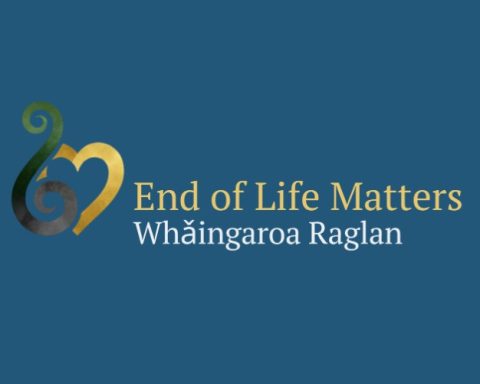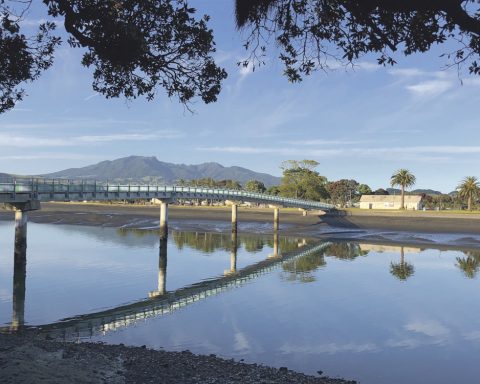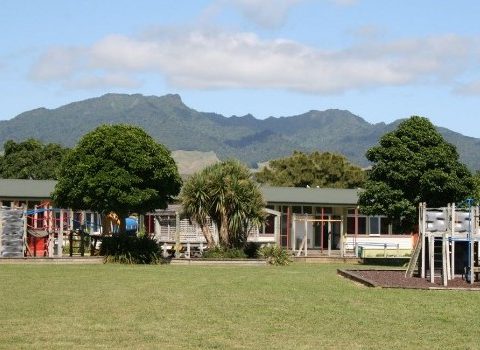Michaela Latimer, a Raglan local, was selected for a Winston Churchill Fellowship in 2019. She was motivated to apply because of her belief in the power of young people realising their potential to contribute and influence change. The intention of her Fellowship was to explore international positive youth development (PYD) frameworks that could be adapted and applied in Aotearoa.
Michaela grew up in Te Whanganui-a-Tara Wellington and has called Whāingaroa Raglan home for the last five years. Her work, governance and voluntary involvement are interwoven with projects and roles in youth development. Michaela currently works as Community Liaison Manager for Genesis Energy, leading Ngā Ara, a programme on-ramping rangatahi into STEM education, training and employment. She’s also on the board of Burn Bright, and part of the Youth Advisory Group for Philanthropy New Zealand.
The Fellowship was made possible by the Winston Churchill Memorial Trust. Fellowships allow citizens from all walks of life to design their own research projects, travel the world and further their knowledge in a chosen field, before returning to make their knowledge available to New Zealand society. Delayed by two years, Michaela travelled to the UK and the US last year (with her husband and five-month-old baby in tow!). She spent two months meeting with more than 20 organisations spanning youth development charities, philanthropic organisations, schools and universities.
The ‘big three’
One of her highlights was meeting Dr Jacqueline Lerner at Boston College in Massachusetts. Dr Lerner and her husband Dr Richard Lerner are two of the most cited researchers in youth development. Their ‘5 Cs model’ is one of the most well-known in the field. The inter-related 5 Cs are:
Competence (cognitive, behavioural and social abilities);
Connection (positive bonds with individuals and social institutions);
Character (integrity);
Confidence (positive sense of self-worth and efficacy); and
Caring (compassion, empathy and social justice values).
When in place, the 5Cs predict the sixth C – Contribution – and other wellbeing outcomes over time.
The way forward for those aligning with the PYD movement includes designing and delivering youth development programmes that incorporate the ‘big three’ quality indicators: positive and sustained adult-youth relationships; life-skill building activities, and opportunities for youth contribution and leadership.
Genuine Involvement
Michaela notes one of the essential parts of creating relevant and impactful programmes is the genuine involvement of young people in design, development, and decisions. Engaging with young people and learning from young people are different things, and it’s important the voices of those impacted are centred. Young people with lived experience of the issue being addressed are best placed to lead the change needed.
Genuine involvement requires a re-balance of decision-making power. Although organisations may want to involve young people, there’s still a disconnect – especially at the governance level of charities. Michaela learned that in the UK, less than 3% of people on charity boards are under 30, and found similar statistics at home. Unsurprisingly, boards who changed their governance structure to include young trustees found all trustees benefited from the reciprocal learning and made better decisions together. Michaela urges those who hold board positions to consider restructuring the governance of their organisation, especially if they exist to serve young people.
Michaela highlighted there’s still a pervasive negative perception of young people that needs to shift, and even terms such as ‘leaders of the future’ or the ‘next generation’ are overused and downplay the value young people inherently hold. Scaffolding opportunities for youth leadership is the best way to grow engagement with, and encourage the contribution of, young people. Michaela notes that when young people are developed, they continue to contribute as adults, and as an adult, they are even more likely to involve young people. It’s this positive cycle she feels most hopeful about.
Through her Fellowship, Michaela cemented her belief that when young people are strong, the community thrives. Mātātahi tū, hapori ora. She’s excited to share her learnings, and her full Fellowship report will be available online soon [at https://www.communitymatters.govt.nz/winston-churchill-memorial-trust-fellowships/ ]. Michaela would love to see more people in our Whāingaroa community selected for Winston Churchill Fellowships – especially rangatahi.
